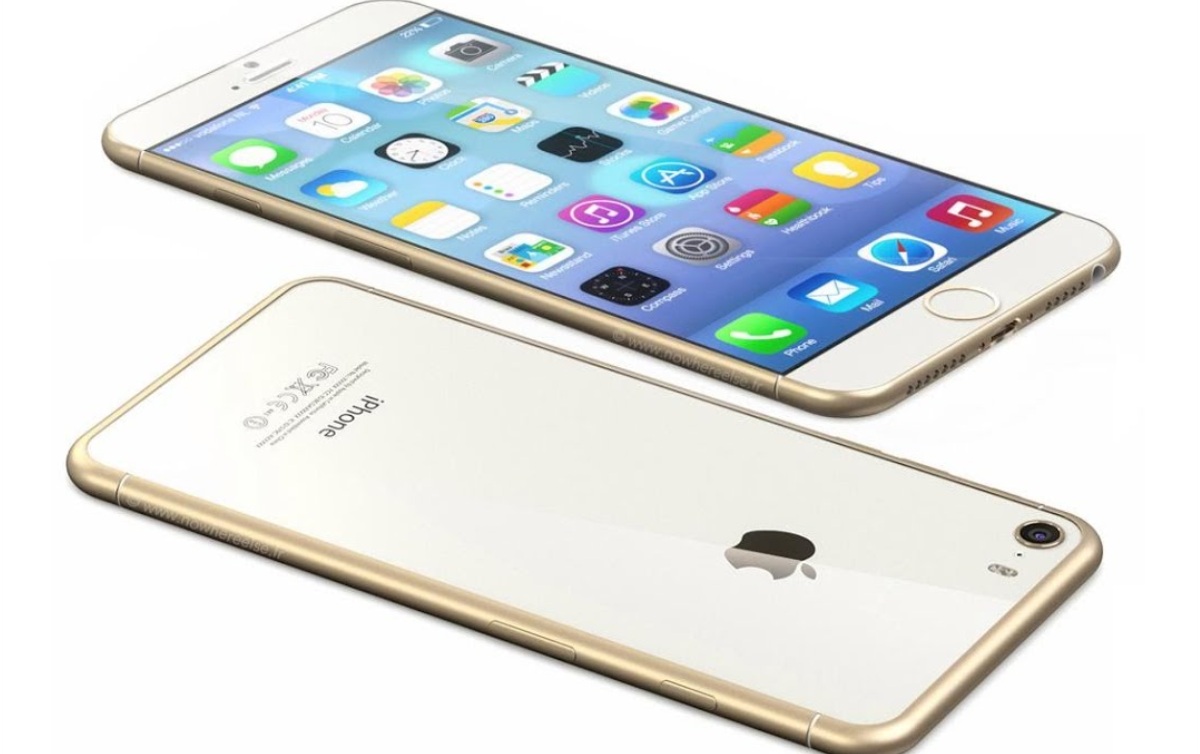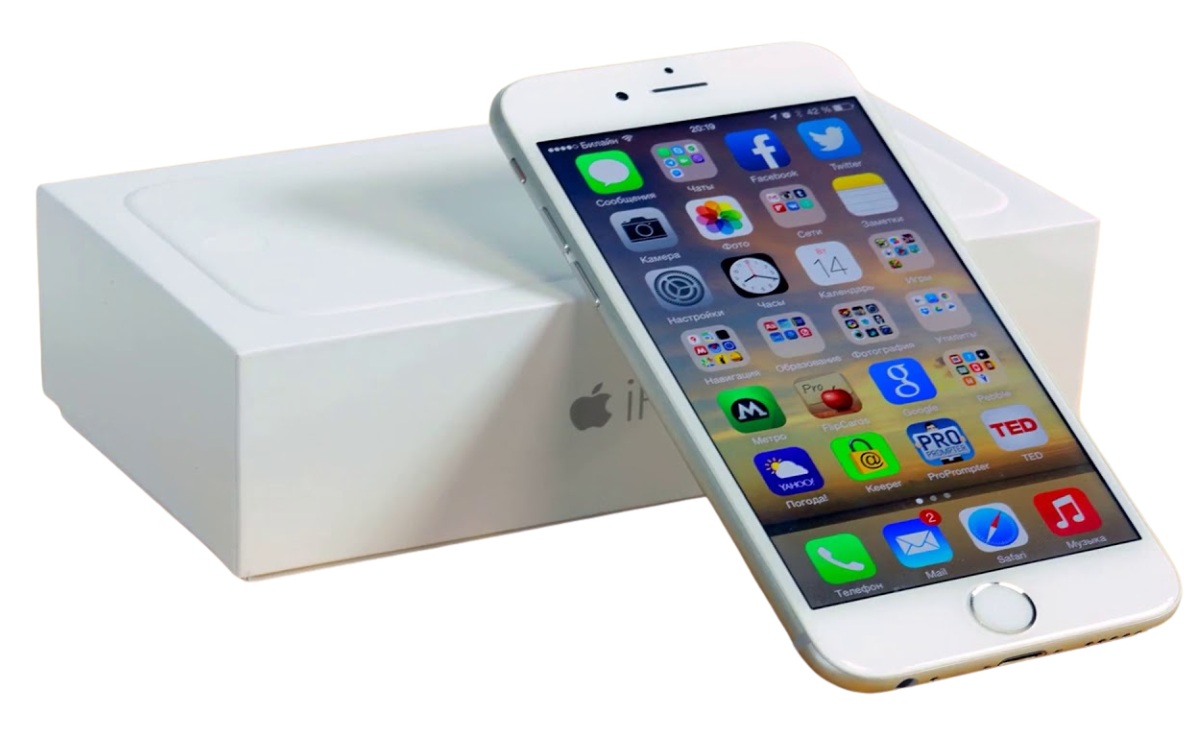Buying a used iPhone mobile in Netherlands is a popular choice for many people looking to save money while still enjoying the benefits of Apple’s premium technology. However, purchasing a used iPhone comes with privacy risks that you should be aware of to protect your personal data and ensure a secure ownership experience. This blog will guide you through important steps and tips to safeguard your privacy when buying a used iPhone.

Why Privacy Matters When Buying a Used iPhone
Used iPhones often come with a history—previous owners’ data, apps, accounts, and settings might still be stored if the device isn’t properly wiped. If this data falls into the wrong hands or isn’t removed, it can expose you to privacy breaches, identity theft, or unauthorized access.
Taking proper precautions not only protects your personal information but also ensures you start fresh with your new device without legacy issues.
1.Buy from Trusted Sellers
The first step to protecting your privacy when purchasing a used iPhone mobile is choosing a reliable and trustworthy seller. Whether buying online or in-person:
- Prefer certified refurbishers or official wholesalers known for quality checks.
- Check seller reviews, ratings, and feedback.
- Avoid deals that seem “too good to be true” to minimize the risk of fraud or compromised devices.
Trusted sellers usually have better processes for wiping devices clean before resale, reducing your privacy risks.
2.Verify the Device’s Status Before Buying
Before finalizing your purchase, verify the iPhone’s status carefully:
- Check Activation Lock: Apple’s Activation Lock prevents unauthorized use after a device is lost or stolen. Ask the seller to restrict “Find My iPhone” and sign out of their Apple ID before selling.
- Confirm IMEI and Serial Number: Use Apple’s official website or third-party services to verify the iPhone’s IMEI or serial number. This helps check if the phone is blacklisted or reported stolen.
- Inspect for Damage or Tampering: Physical damage or signs of tampering may indicate potential hardware or software risks.
By verifying these details, you minimize the chances of buying a locked or compromised device.
3.Perform a Factory Reset and Data Wipe
Even if the seller claims the phone has been wiped, it’s crucial to reset the iPhone yourself before use. Here’s how:
- Go to Settings > General > Reset > Erase All Content and Settings.
- Confirm the reset and enter your Apple ID password if prompted.
This process removes all existing data, apps, and accounts from the device, giving you a clean slate. It also reduces the risk of hidden malware or spyware leftover from previous owners.
4.Set Up the iPhone as New
When you start using your used iPhone, avoid restoring it from old backups immediately. Instead:
- Set up the phone as a new device.
- Make a new Apple ID or log in to your existing secure account.
- Download apps freshly from the App Store.
Starting fresh limits the risk of transferring old vulnerabilities, corrupted files, or compromised apps.
5.Enable Security Features Immediately
After setup, turn on essential security features to protect your privacy:
- Face ID or Touch ID: Use biometric authentication for quick, secure access.
- Two-Factor Authentication (2FA): Add an additional layer of security to your Apple ID.
- Strong Passcode: Avoid simple or predictable passcodes; use a complex one.
- Find My iPhone: Activate this to locate or at all wipe your phone if lost or stolen.
These built-in tools help prevent unauthorized access and keep your information safe.
6.Update iOS to the Latest Version
Apple regularly releases updates that patch security vulnerabilities. To keep your used iPhone secure:
- Connect to Wi-Fi.
- Go to Settings > General > Software Update.
- Download and install the latest iOS version.
Keeping your phone updated reduces the risk of malware and exploits that hackers might use to invade your privacy.
7.Avoid Jailbreaking Your Used iPhone
Jailbreaking removes Apple’s software restrictions, allowing you to customize your device but at a significant privacy and security cost. Jailbroken phones:
- Are more vulnerable to malware.
- Can leak sensitive information.
- Often lose official Apple support and warranty.
If privacy is a priority, avoid jailbreaking your used iPhone.
8.Use Trusted Apps and Manage Permissions
Only download apps from the authorized Apple App Store and be cautious about app permissions:
- Review what each app requests access to (camera, contacts, location).
- Disable unnecessary permissions.
- Regularly audit installed apps and remove ones you no longer use.
Apps with excessive permissions can compromise your privacy.
9.Monitor for Suspicious Activity
After buying your used iPhone, stay alert for unusual behaviors that may indicate privacy risks:
- Unexpected battery drain.
- Apps crashing or freezing frequently.
- Strange messages or calls.
- Pop-ups or advertisements appearing out of nowhere.
If you notice these signs, perform a security check or reset your phone again.

In Conclusion
Buying a used iPhone mobile in Netherlands can be a smart and economical choice, but protecting your privacy is essential to enjoy a safe, hassle-free experience. By following these steps—from buying from trusted sellers, verifying the device’s status, performing a factory reset, to enabling robust security features—you can safeguard your personal information and use your iPhone with confidence.
For high-quality, reliable used iPhones with full transparency and rigorous testing, consider GLP Wireless, a trusted global wholesaler based in Dubai that delivers excellent used Apple products worldwide, including the Netherlands.

